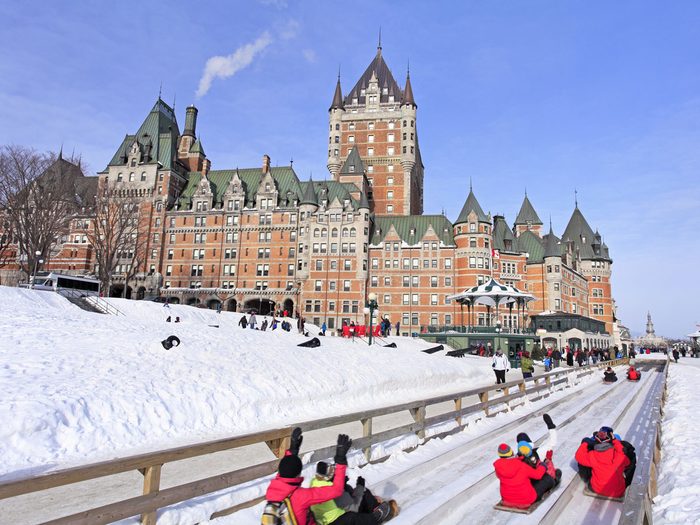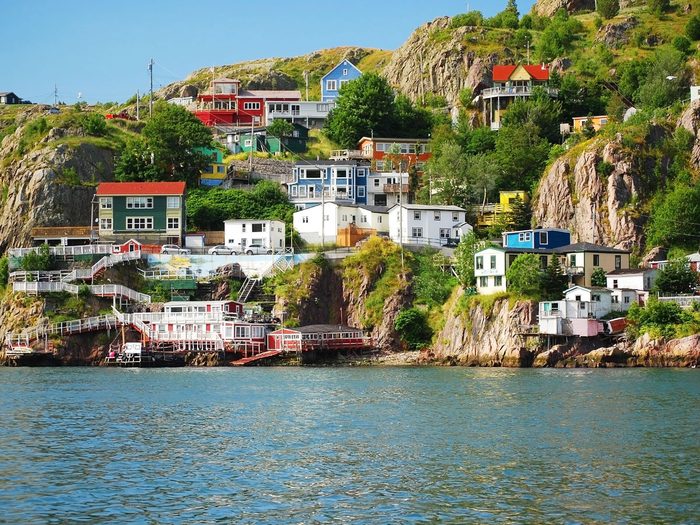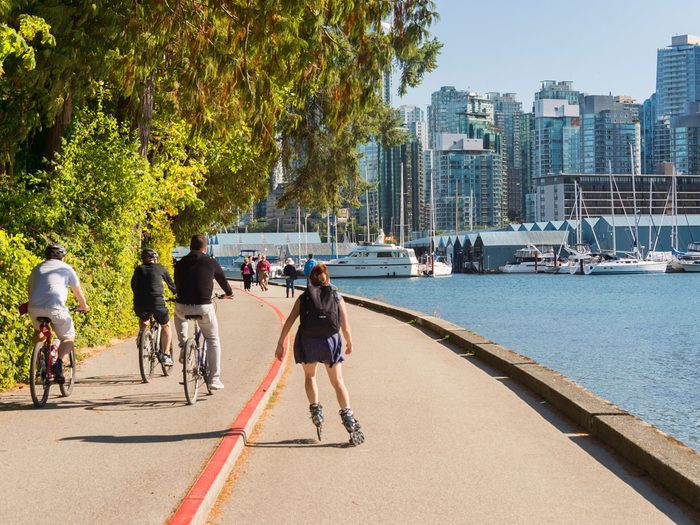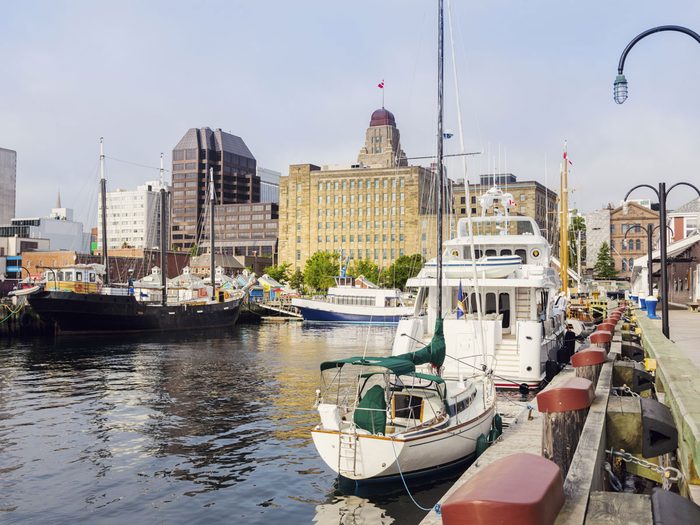
Mental Health by Province
When looking at the overall wellbeing of Canadians, it’s important to track physical diseases and conditions so we can understand patterns and areas of concern. But perhaps an even better way to get a picture of the population is to ask Canadians what they think about the state of their own minds. Statistics Canada does just that by collecting data about perceived mental health based on age group, sex and province (territories excluded).
Overwhelmingly, millennials (ages 18 to 34) rank their mental health the worst, while the youngest group (ages 12 to 17) has the highest ranking in the most recent poll. Women have worse perceived mental health than men, with 68 percent classifying their mental health as very good or excellent (versus 72.7 percent of males) and 7.9 percent of all Canadian women saying their mental health is fair or poor (versus 6.2 percent of men). The data also has some interesting numbers when it comes to perceived mental health from coast to coast. Here are the rankings, from best to (sad face) worst.

1. Best Perceived Mental Health – Quebec
Far and away, Quebecers rank their mental health the highest out of all Canadians. They bypass the nearest competition by almost 4 percent with 73.8 percent saying their mental health is very good or excellent. Meanwhile, only 5.1 percent of Quebecers say their mental health is fair or poor. In a separate poll, the province also has the highest rating in the country when it comes to life satisfaction. Strangely, in a third poll, it’s ranked as the most stressed province. In this situation at least, stress does not seem to equal poor mental health—but keep in mind that these rankings are based on self-perception only, which can be affected by family values, education, personal biases and a variety of other factors.

2. Manitoba
Looks like it’s time to swap Friendly Manitoba to Happy Manitoba, with the prairie province nabbing second place. Yet even though it’s second in the country in both perceived mental health and life satisfaction, Manitoba still falls far behind Quebec’s percentages with 69.5 percent of Manitobans categorizing their mental health as very good or excellent and 6.6 percent stating their mental health is fair or poor.
Looking for a simple way to stay positive? According to experts, working out just one hour per week is enough to give you a mental health boost.

3. Alberta
Lucky number three! Albertans fall just behind Manitoba with 69.7 percent feeling very good or excellent and 7.0 percent claiming a less satisfactory state of mind. (Here are 13 things psychologists wish you knew about happiness.)

4. Ontario
Though Ontarians have perceived stress levels that are the second highest in Canada, their perceived mental health and life satisfaction are quite high. Overall rankings of very good or excellent mental health sit at 69.9 percent and fair or poor at 7.4 percent.

5. PEI
At position number five, PEI’s rankings are similar to Ontario with 69.3 percent (very good or excellent) and 7.2 percent (fair or poor). Notably, it’s the second least stressed province in the country, following the next province on our list.
Related: The Canadian Provinces with the Highest Rate of Cancer

6. Newfoundland & Labrador
Though this region is the least stressed in Canada, it does not have the highest perceived mental health. In general, its mental health numbers are pretty average, except for one age group: 18 to 34. In this grouping, Newfoundland and Labrador have the highest percentage of people with fair or poor perceived mental health in the whole country with 12.2 percent.

7. B.C.
This one is shocking! British Columbians may live near the oceans and mountains and practice a laidback lifestyle, but their mental health still suffers. Not only do they rank seventh when it comes to perceived mental health, but they’re also second last in the country for life satisfaction and have the third highest stress levels. (Plus, B.C. was even ranked the best city in Canada for quality of living.) Either pacific living just doesn’t cut it or their mental health standards are too high.

8. Saskatchewan
Though geographically positioned between Manitoba and Alberta, the second and third highest ranked provinces, Saskatchewan comes near to last for perceived mental health and life satisfaction. A total of 67.6 percent of their population ranks with very good or excellent mental health and 7.9 percent could use a mood boost. Stress levels are mid-range.

9. New Brunswick
East coasters are known for being polite, but they may need to stop bottling up their emotions and tell us what they really think. The two worst-ranked provinces for perceived mental health are from Atlantic Canada and New Brunswick is number nine on the list. A total of 66.9 percent of the locals say their mental health is very good or excellent and 7.5 percent say it’s fair or poor. When it comes to satisfaction and stress levels, the province sits in the middle. (Stress can manifest in some strange ways. Don’t miss these weird symptoms you didn’t know were linked to stress.)

10. Worst Perceived Mental Health – Nova Scotia
Finally, Nova Scotians fall to last place, with only 66 percent saying they have very good or excellent mental health (almost eight percent less than the highest-ranked province, Quebec) and 9.2 percent claim fair or poor (over four percent more than Quebecers). The province also has the lowest life satisfaction in the whole country and, sadly, the suicide rate is on the rise. In 2016, the average wait time for community mental-health services in Halifax was 112 days and almost a full year in Sydney, Cape Breton.
Next, check out 13 medical conditions that could be triggering your anxiety.
